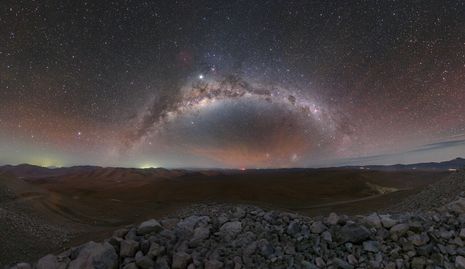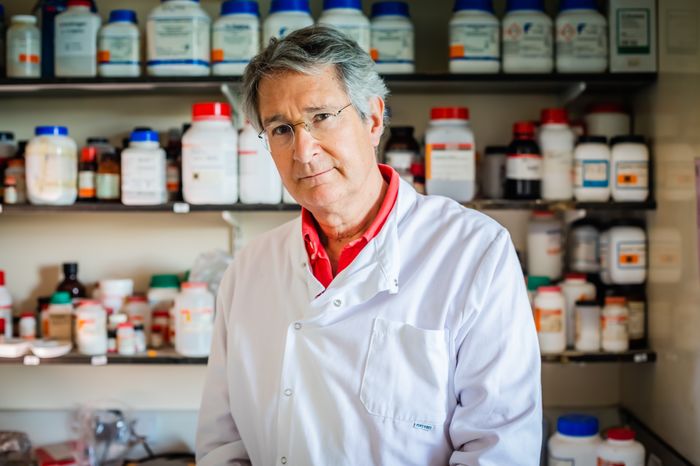New Cambridge centre to study life in the Universe
The Leverhulme Centre for Life in the Universe will investigate ‘the greatest unsolved mystery in science’

A new Cambridge research centre will seek to find answers to the question of the extent of life in the Universe.
Funded by a £10 million grant from the Leverhulme Trust, over the next ten years the Leverhulme Centre for Life in the Universe will explore the “nature and extent of life in the Universe”, looking to establish whether the Earth and the “processes which made life possible” are unique.
2019 Nobel Laureate and Trinity Fellow Professor Didier Queloz will lead an interdisciplinary research team of scientists and philosophers.
The Centre will also collaborate with researchers from other institutions, including Harvard University, University College London, the University of Colorado Boulder, ETH Zurich and the Centre of Theological Inquiry in Princeton, New Jersey.
Explaining the importance of the Centre, Queloz said it will “act as a catalyst for the development of our vision to understanding life in the Universe through a long-term research programme that will be the driving force for international coordination of research and education.”
Programme collaborator Matthew Powner from University College London said: “Understanding the reactions that predisposed the first cells to form on Earth is the greatest unsolved mystery in science.” He acknowledged that this field involved “critical challenges of increasing complexity” but called these challenges “the most exciting frontiers” in scientific research.
Fellow collaborator Carol Cleland from the University of Colorado Boulder said that the Centre is unique “in the breadth of its interdisciplinarity”, praising the way it brings together “scientists and philosophers to address central questions about the nature and extent of life in the universe.”
She went on to explain: “Characteristics that scientists currently take as fundamental to life reflect our experience with a single example of life, familiar Earth life. These characteristics may represent little more than chemical and physical contingencies unique to the conditions under which life arose on Earth. If this is the case, our concepts for theorising about life will be misleading.”
On the importance of interdisciplinary collaboration, Cleland said: “Philosophers of science are especially well trained to help scientists 'think outside the box' by identifying and exploring the conceptual foundations of contemporary scientific theorising about life with an emphasis on developing strategies for searching for truly novel forms of life on other worlds.”
The new Centre comes after the University established the Cambridge Initiative for Planetary Science and Life in the Universe, which allows academics from different disciplines to collaborate on research into planetology and “the origin and nature of life in the Universe”.
 News / Cambridge academics sign open letter criticising research funding changes22 February 2026
News / Cambridge academics sign open letter criticising research funding changes22 February 2026 News / Supporters protest potential vet school closure22 February 2026
News / Supporters protest potential vet school closure22 February 2026 News / University Council rescinds University Centre membership20 February 2026
News / University Council rescinds University Centre membership20 February 2026 News / Hundreds of Cambridge academics demand vote on fate of vet course20 February 2026
News / Hundreds of Cambridge academics demand vote on fate of vet course20 February 2026 News / Union cancels event with Sri Lankan politician after Tamil societies express ‘profound outrage’20 February 2026
News / Union cancels event with Sri Lankan politician after Tamil societies express ‘profound outrage’20 February 2026











